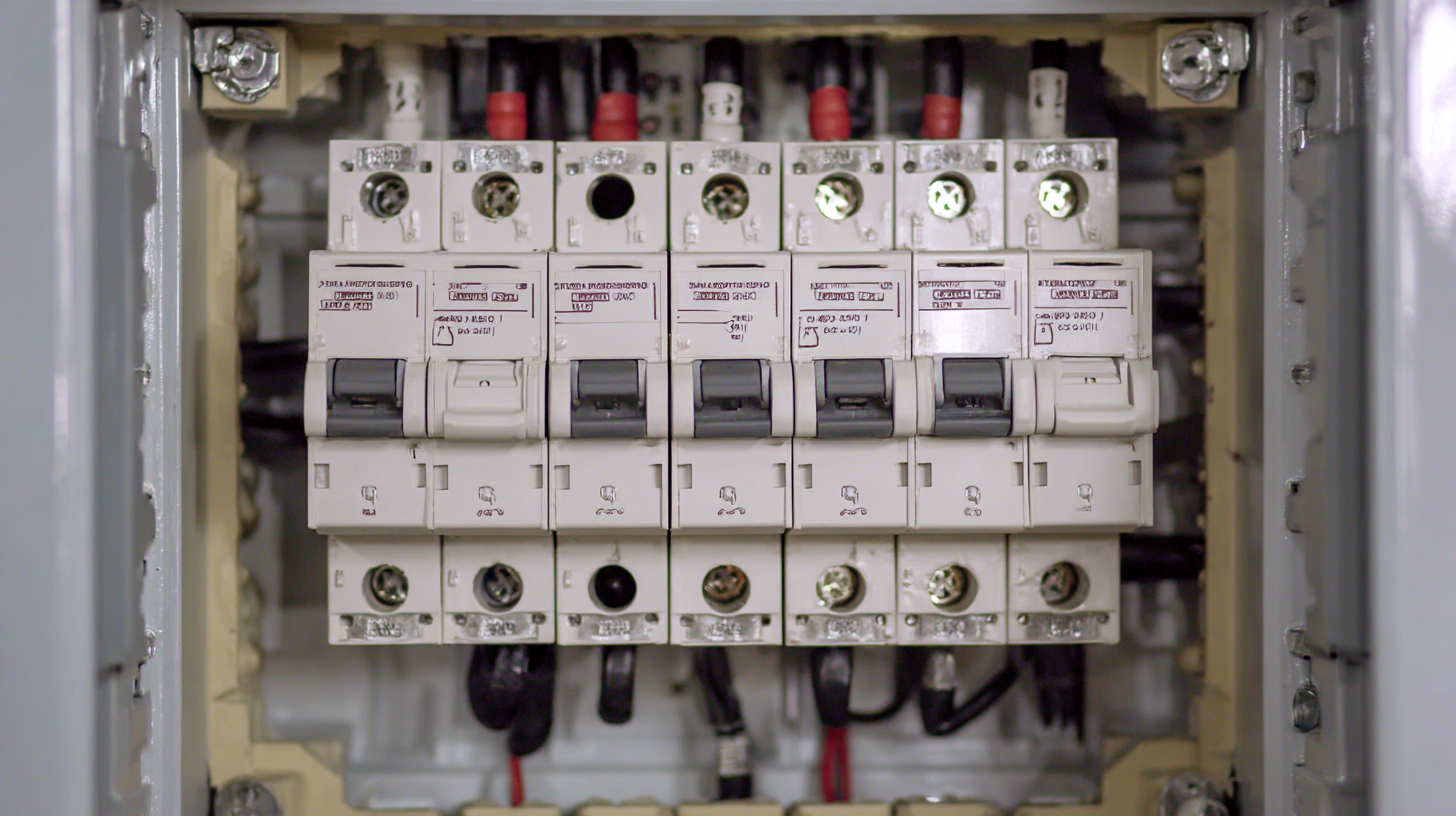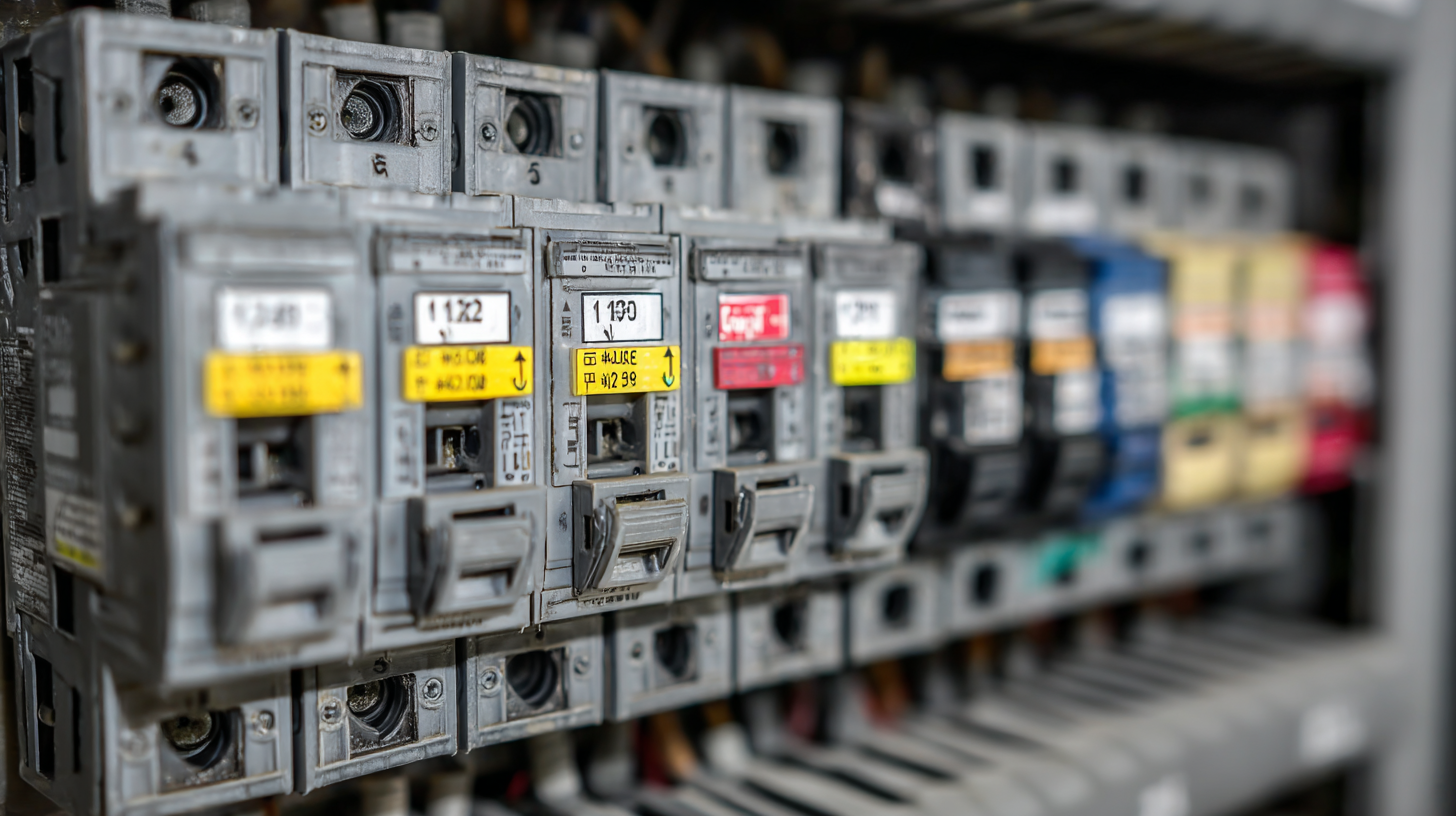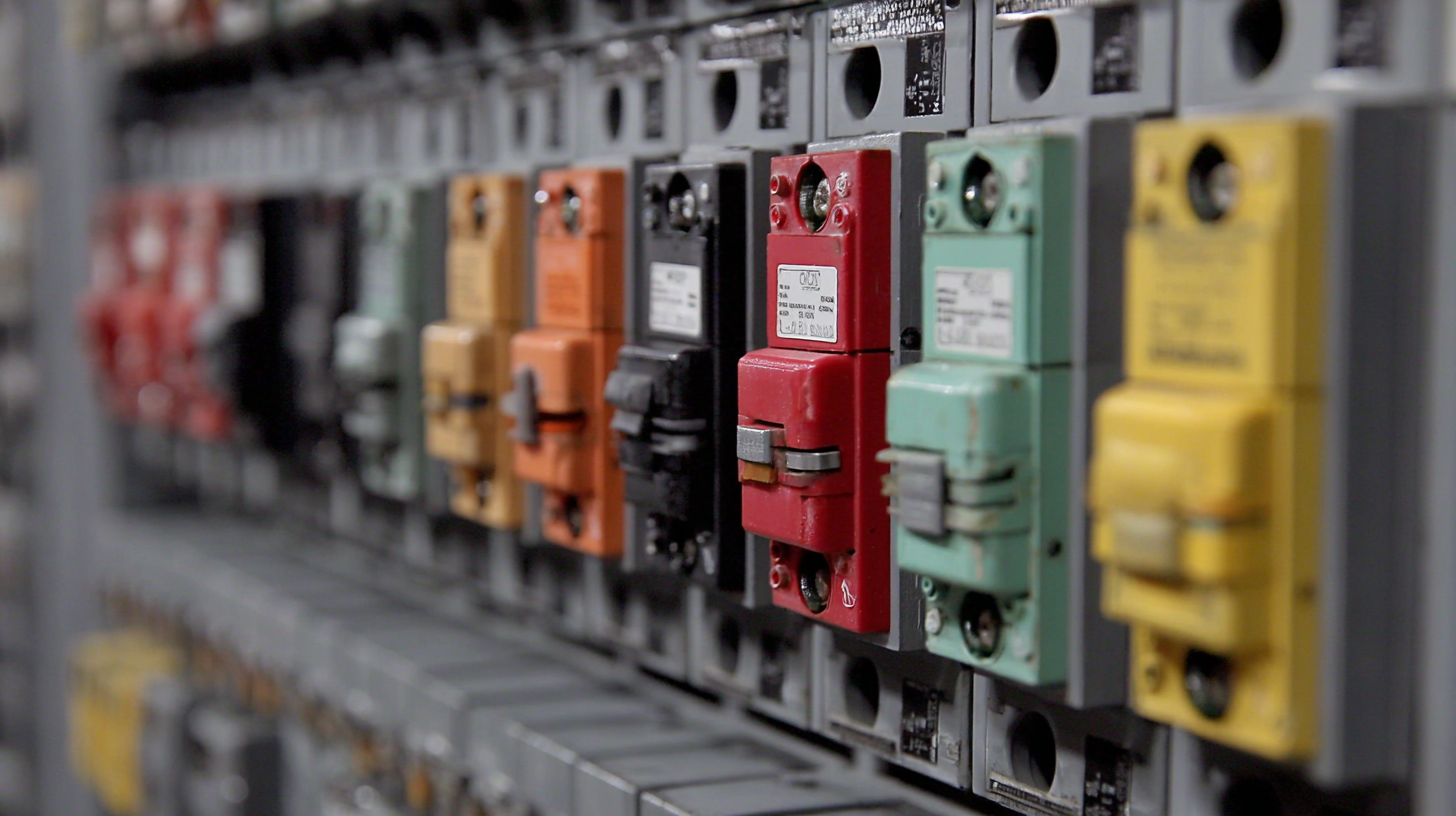
7 Secrets to Choosing the Best Circuit Breaker Box for Your Business Needs
When it comes to ensuring the safety and efficiency of your business's electrical system, choosing the right Circuit Breaker Box is crucial. A well-selected circuit breaker box not only protects your electrical appliances from overloads and short circuits but also plays a vital role in the overall energy management of your facility. With a variety of options available in the market, making the right choice can seem daunting.

That's why we've compiled a checklist of the seven essential secrets to guide you through the selection process. From understanding your power requirements to evaluating safety features, this blog will equip you with the knowledge needed to choose the best Circuit Breaker Box tailored to your unique business needs. Get ready to streamline your decision-making process and enhance the reliability of your electrical infrastructure.
Understanding Different Types of Circuit Breaker Boxes and Their Applications
 Choosing the right circuit breaker box is crucial for ensuring the safety and efficiency of your business operations. Understanding the different types of circuit breaker boxes—such as main breaker, split bus, and subpanel boxes—is essential for making an informed decision. According to the National Electrical Manufacturers Association (NEMA), selecting the appropriate breaker type can impact energy management strategies and may result in a 10-30% improvement in operational efficiency, depending on the setup.
Choosing the right circuit breaker box is crucial for ensuring the safety and efficiency of your business operations. Understanding the different types of circuit breaker boxes—such as main breaker, split bus, and subpanel boxes—is essential for making an informed decision. According to the National Electrical Manufacturers Association (NEMA), selecting the appropriate breaker type can impact energy management strategies and may result in a 10-30% improvement in operational efficiency, depending on the setup.
Tip: When evaluating circuit breaker boxes, consider the load requirements of your business. A main breaker box is suited for businesses with high power consumption, while a subpanel may be ideal for smaller operations or spaces that require additional circuits without overloading the main panel.
Each circuit breaker box has unique applications. For instance, a split bus box distributes power more effectively across multiple circuits, making it ideal for businesses needing simultaneous power supply to various locations within a facility. Industry reports suggest that up to 25% of electrical issues can be traced back to improper panel selection.
Tip: Always consult with a licensed electrician to ensure compliance with local codes and to accurately assess your electrical needs. Investing in the correct circuit breaker box not only enhances safety but also contributes to long-term operational savings.
Evaluating Electrical Load Requirements for Your Business's Circuit Breaker Box
When selecting a circuit breaker box for your business, understanding electrical load requirements is crucial. Evaluating your current and anticipated load can prevent future accessibility issues or unsafe operating conditions. Businesses often overlook how factors such as growing demands for electricity from electric vehicle charging stations or increased reliance on energy-efficient technologies can surge their electrical needs. Thus, conducting a precise load calculation is a foundational step in ensuring your circuit breaker can handle fluctuations and spikes in demand.

Moreover, considering the evolving landscape of energy use, including the integration of renewable energy sources and the implementation of innovative systems, is important. Businesses should anticipate shifts in energy consumption patterns that could impact their electrical infrastructure. For instance, as circular business models for technologies like lithium-ion batteries gain traction, the need for an adaptable circuit breaker box becomes increasingly significant. This proactive approach not only meets immediate requirements but also positions businesses favorably to handle future energy challenges and sustainably manage their electrical systems.
Key Features to Look for in a High-Quality Circuit Breaker Box
When selecting a circuit breaker box for your business, it’s crucial to prioritize high-quality features that ensure safety and efficiency. One of the critical aspects to consider is the device’s compatibility with energy storage solutions. With the ongoing shift towards renewable energy, a reliable circuit breaker box can help manage the intermittent nature of resources like solar and wind power, providing a steady supply and enhancing overall energy efficiency.
Another important feature is the robustness of the circuit breaker. A high-quality circuit breaker box should be designed to handle the electrical load without frequent trips or failures. Look for models with advanced technology that can manage the demands of modern energy systems while safeguarding against overloads and faults.
Additionally, consider the ease of installation and maintenance. A user-friendly design can not only save time during installation but also facilitate quick troubleshooting and servicing, ensuring minimal downtime for your business operations. By focusing on these key features, you can choose a circuit breaker box that meets your business needs effectively.
Power Requirements of Different Business Types
Importance of Compliance and Safety Standards in Circuit Breaker Selection
When selecting a circuit breaker box for your business, the significance of compliance and safety standards cannot be overstated. Adhering to established standards ensures that your electrical system operates reliably and safely, protecting both your physical premises and the personnel within. Different industries have specific regulations, such as the National Electrical Code (NEC) in the United States, which stipulates requirements for circuit protection and design. Ensuring compliance not only prevents costly fines but also enhances your business's reputation for prioritizing safety.
In addition to legal compliance, safety standards play a vital role in preventing electrical hazards. Circuit breaker boxes equipped with the latest technology and safety features, such as ground fault circuit interrupters (GFCI) and arc fault circuit interrupters (AFCI), significantly reduce the risk of electrical fires and shocks. Businesses must consider the specific risks associated with their operations, whether in warehouses, offices, or manufacturing environments. Investing in compliant and safety-focused circuit breaker systems ultimately safeguards your assets and fosters a culture of safety within your organization, allowing for uninterrupted operations and peace of mind.
Cost vs. Quality: Making a Smart Investment in Circuit Breaker Boxes
When selecting a circuit breaker box for your business needs, understanding the balance between cost and quality is crucial. According to industry reports, cheaper options can lead to up to 30% more failures over time, resulting in costly repairs and potential downtime. Investing in a high-quality circuit breaker box may require a higher upfront cost, but the savings in maintenance and the increased safety can far outweigh this initial expense.
Tip: Consider the long-term implications of your purchase. A circuit breaker box with a recognized certification like UL (Underwriters Laboratories) may come at a premium but can enhance your business’s reliability and safety. Analyze the warranty offered; high-quality boxes often come with longer warranties, indicating confidence from manufacturers in their products.
It’s essential to assess the power requirements specific to your operations. A report by the National Electrical Manufacturers Association (NEMA) highlights that selecting a box that meets or exceeds your current and future electrical demands can prevent overheating and reduce the risk of electrical fires.
Tip: Always consult a licensed electrician when determining your circuit load requirements. This provides peace of mind that your investment aligns with your business needs, ensuring optimal performance and safety.
7 Secrets to Choosing the Best Circuit Breaker Box for Your Business Needs - Cost vs. Quality: Making a Smart Investment in Circuit Breaker Boxes
| Feature | Importance Level | Cost Range ($) | Quality Rating (1-10) |
|---|---|---|---|
| Durability | High | 150 - 300 | 9 |
| Energy Efficiency | Medium | 100 - 250 | 8 |
| Compatibility with Systems | High | 200 - 400 | 10 |
| Safety Features | Critical | 250 - 500 | 9 |
| Size and Space Requirements | Medium | 100 - 200 | 7 |
| Warranty and Support | High | 50 - 150 | 8 |
| User Reviews | Medium | 20 - 100 | 7 |
